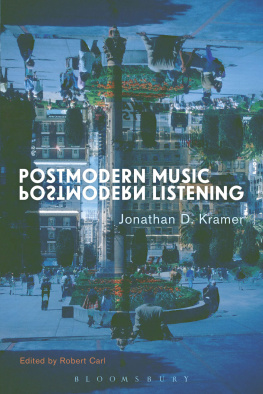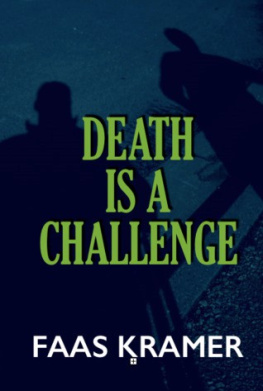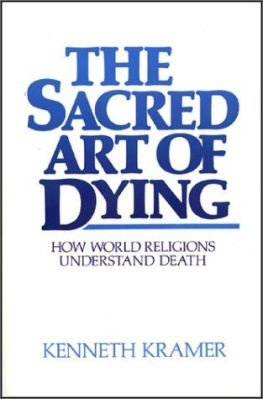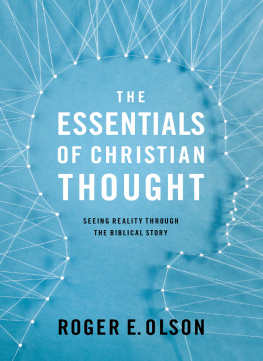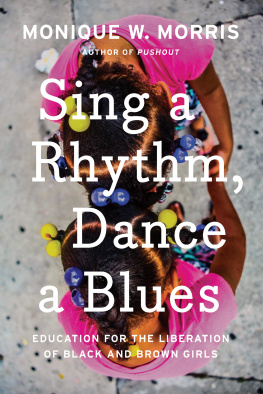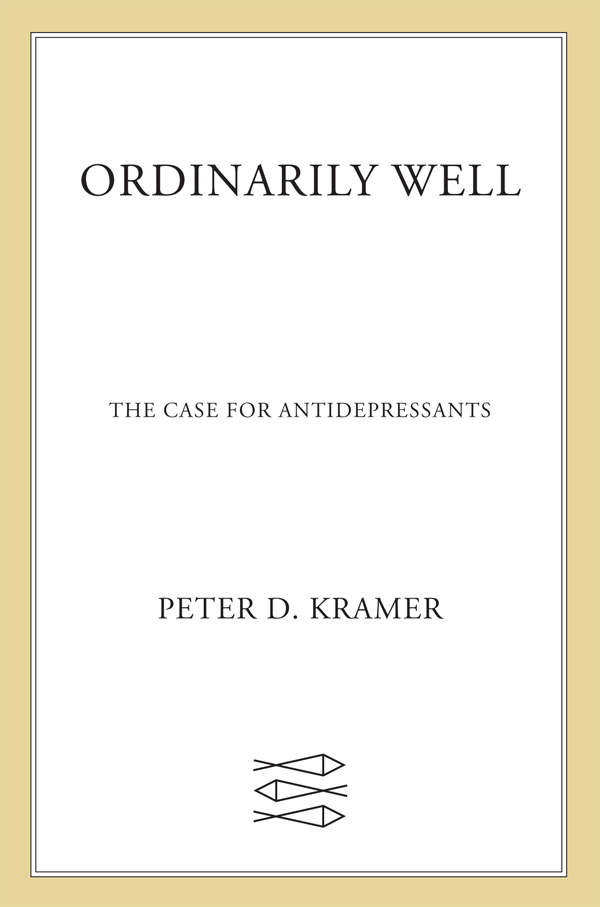Contents
Guide

The author and publisher have provided this e-book to you for your personal use only. You may not make this e-book publicly available in any way. Copyright infringement is against the law. If you believe the copy of this e-book you are reading infringes on the authors copyright, please notify the publisher at: us.macmillanusa.com/piracy.
For Eric and Lore, sorely missed, and, as always, for Rachel
No one dares any more to say or to acknowledge that he sees what he sees, what is quite simply there, perhaps unspoken or almost unsaid, but readily apparent.
JAVIER MARAS , Your Face Tomorrow
Sweet Analytics, tis thou hast ravished me.
CHRISTOPHER MARLOWE , Doctor Faustus
TOWARD THE START of 2011, I learned that a good friend, Alan, had suffered a stroke. I had met Alan more than forty years before, when we lived on the same small floor of a freshman dormitory at Harvard. In an era when kids from Andover and Exeter seemed to rule the college, we had come from public schools near New York City. We chose the same small field of study, a combined major called History and Literature. We both joined the staff of the college newspaper.
Six years after graduation, we were reunited when, on completing medical school, I entered a psychiatry residency at Yale. I trained at the mental health center where Alan had just finished his psychology internship. We discussed psychotherapy. We supported each other as aspiring writers. Most importantlythis favor bound us foreverAlan introduced me to my future wife. When Rachel and I had children, Alan became an honorary uncle.
Nor was it a matter of shared history, common interests, and gratitude only. Alan was kind, generous, funny, and wise. I loved him dearly.
If patients get to the hospital soon after the first symptom of a stroke appears, they can benefit from clot-busting drugs that limit the damage to the brain. Alan had not gotten that treatment. He was paralyzed on the right side of his body. His speech was severely impaired.
The news reached me days after the event, once Alan asked his cousin, a doctor, to fill me in. The cousin was worried because Alan was not recovering his capacity to move or to speak fluently. It was uncertain that he would be able to practice psychotherapy or to live outside a nursing home.
Desperate to be of use, I searched the medical literature for a research result that I recalled only vaguely. I found it in a respected journal, The Lancet: Neurology . A group in France had tested an intervention on more than one hundred patients with the sort of stroke Alan had suffered, where an interruption of blood flow to the brain causes paralysis in one side of the body. In the study, all the patients received physical therapy. In addition, half were put on the antidepressant Prozac and half on a placebo.
Three months down the road, the patients on Prozac had recovered much more of their arm and leg movement than had the patients on placebo. Those given the antidepressant were more likely to be living independently. The benefits extended to those who had not been treated with clot-busters.
The study answered my question about what more could be done for Alan. This congruencea dilemma in patient care and a high-quality trial that is directly on pointis rarer than you might imagine.
The findings meshed well with a strong, consistent body of research. Stroke survivors commonly suffer depression, for the evident psychological reasons but also because the injury to the brain can involve regions that sustain mood. In the wake of stroke, antidepressants prevent depression and preserve the ability to think clearly. In one study with a nine-year follow-up, patients given an antidepressant in the early going were almost twice as likely to survive in the long term. The decision, prescribe or not, might be a matter of life and death.
Alan had yet to be offered an antidepressant. I urged him to raise the issue with the treatment team and forwarded relevant publications to his physicians. They added antidepressants to Alans regimen of physical therapy. Within weeks, he began to regain movement in his right leg, progress I observed, as I had been traveling to visit him in the rehabilitation center where he was recovering. Soon he was able to talk to me by phone.
Meanwhile, Id had a disturbing interchange with a neurologist involved in Alans care. In prescribing, he said, he was making an exception, based on the preferences that Alans cousin and I had expressed. In his practice, the neurologist had pulled back on his use of antidepressants since he understood that they were little better than placebos. He mentioned a news report that claimed that medication was effective only in very severe depression.
Later, I spoke with an authority on stroke and mood disorders, Robert Robinson, a psychiatrist at the University of Iowa. Robinson said, Neurologists tell me they dont use an antidepressant unless a patient is suffering very serious depression. Theyre influenced by reports that say thats all antidepressants are good for.
I found these conversations distressing.
I had read the news stories. In 2010, Newsweek had run a cover piece whose subhead read, Studies suggest that the popular drugs are no more effective than a placebo. The same year, an analysis of different outcome trials had led to a USA Today feature under the banner Antidepressant Lift May Be All in Your Head. That article had included the claim that the medications work only for very severe depression. On average, the lead said, antidepressants may be little more effective than a sugar pill in most patients who take them.
Attacks on antidepressants are not new. Skeptical essays appeared as soon as the class of medication did, over half a century ago. Generally, they constituted elements in a rearguard campaign, an indirect defense of psychotherapy. Because the critiques arose in the context of a partisan dispute, they had little impact. Now, it seemed, colleagues found the arguments so persuasive that they cast a shadow even on the neurology literature, which shows consistent benefits from antidepressants.
To me, the debunking reports were misleading, and it seemed urgent to say so. I was in an uncomfortable mental state, laid low by grief but also agitated. Should I have noticed early warnings of Alans failing health? One self-indictment led to another, until I began to ask whether I might bear some responsibility for the neurologists misapprehension.
In 1993, I had written Listening to Prozac , a book about the social and ethical implications of certain incidental effects I had observed when prescribing the new antidepressants. Some patients became more assertive. If doctors gained the capacity to tweak personality, how should they use it? The books success led news editors to ask me to comment on more mainstream questionslately, this matter of antidepressants ability to treat depression. I had declined.
Its not that my words would have borne great weight, but that I had not done what I could. I had known that mistrust of antidepressants was gaining ground. My patients were telling me.
Not long before learning of Alans stroke, I had been in session with Nora, who had suffered repeated bouts of depression. Although it brought relief in the early going, finally psychotherapy had not kept pace with Noras worsening episodes. When she moved to Providence, Nora sought me out. In our early discussions, it became apparent that her strengths, which included large measures of creativity, had masked the gravity of her mood disorder. It blighted every aspect of her life. I suggested a trial of antidepressants.



